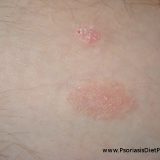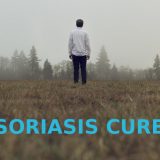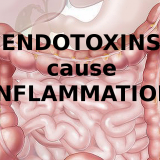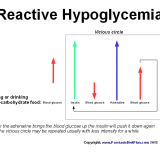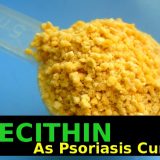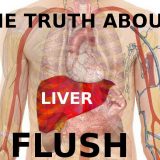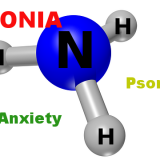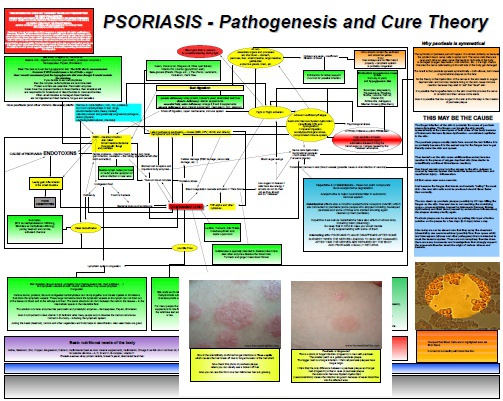High Dose Thiamine For Psoriasis
Thiamin is a b-vitamin I already had one post about on this psoriasis blog in relation to acidic blood. This article will be specifically about the effects of thiamine on chronic inflammatory diseases like psoriasis. I always stress the importance of taking a B-complex when trying to heal psoriasis but there are some anecdotal data that high dose thiamine may be something what might help a lot of psoriatics. As you will learn further in this article thiamine is involved…


